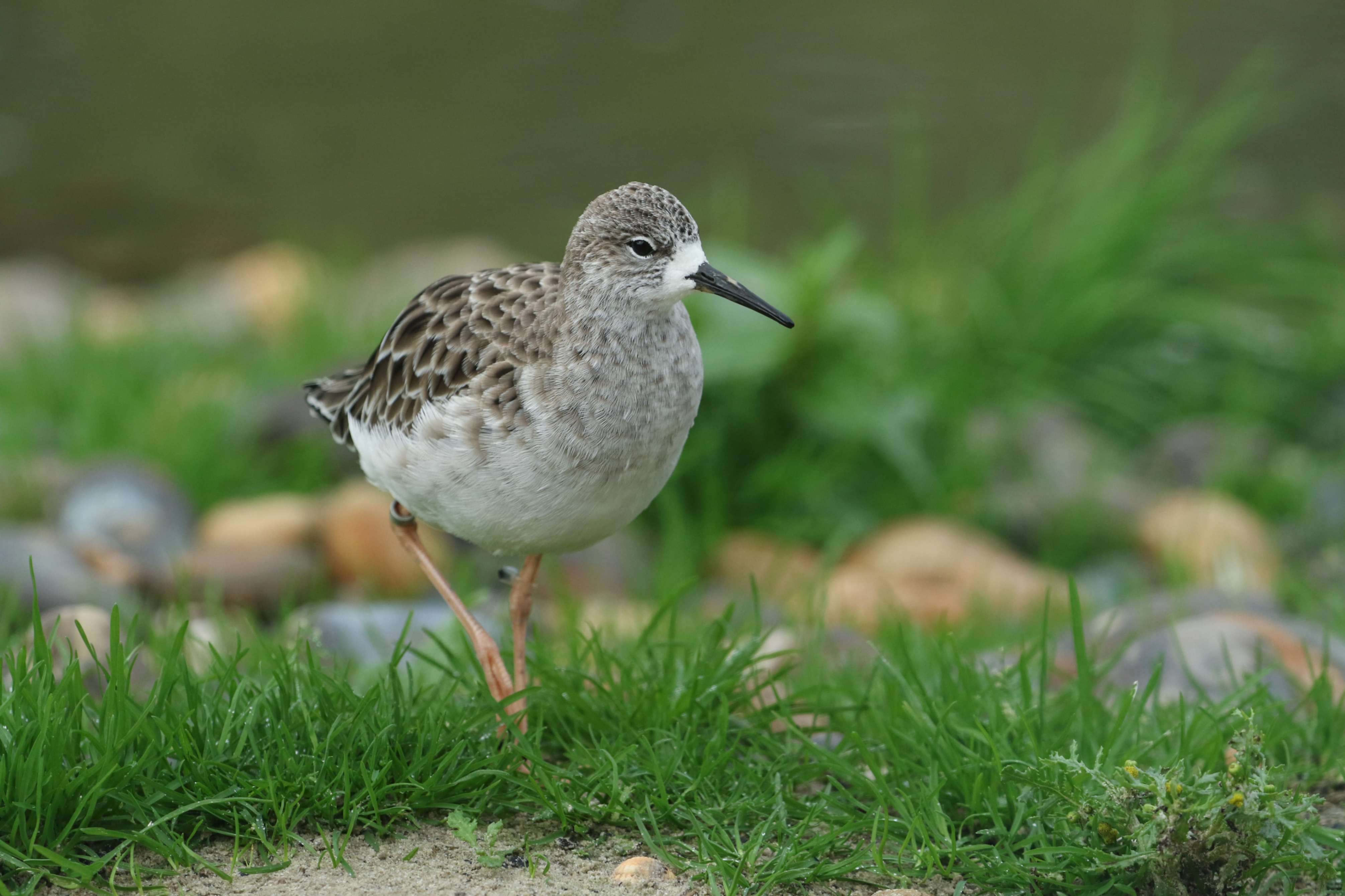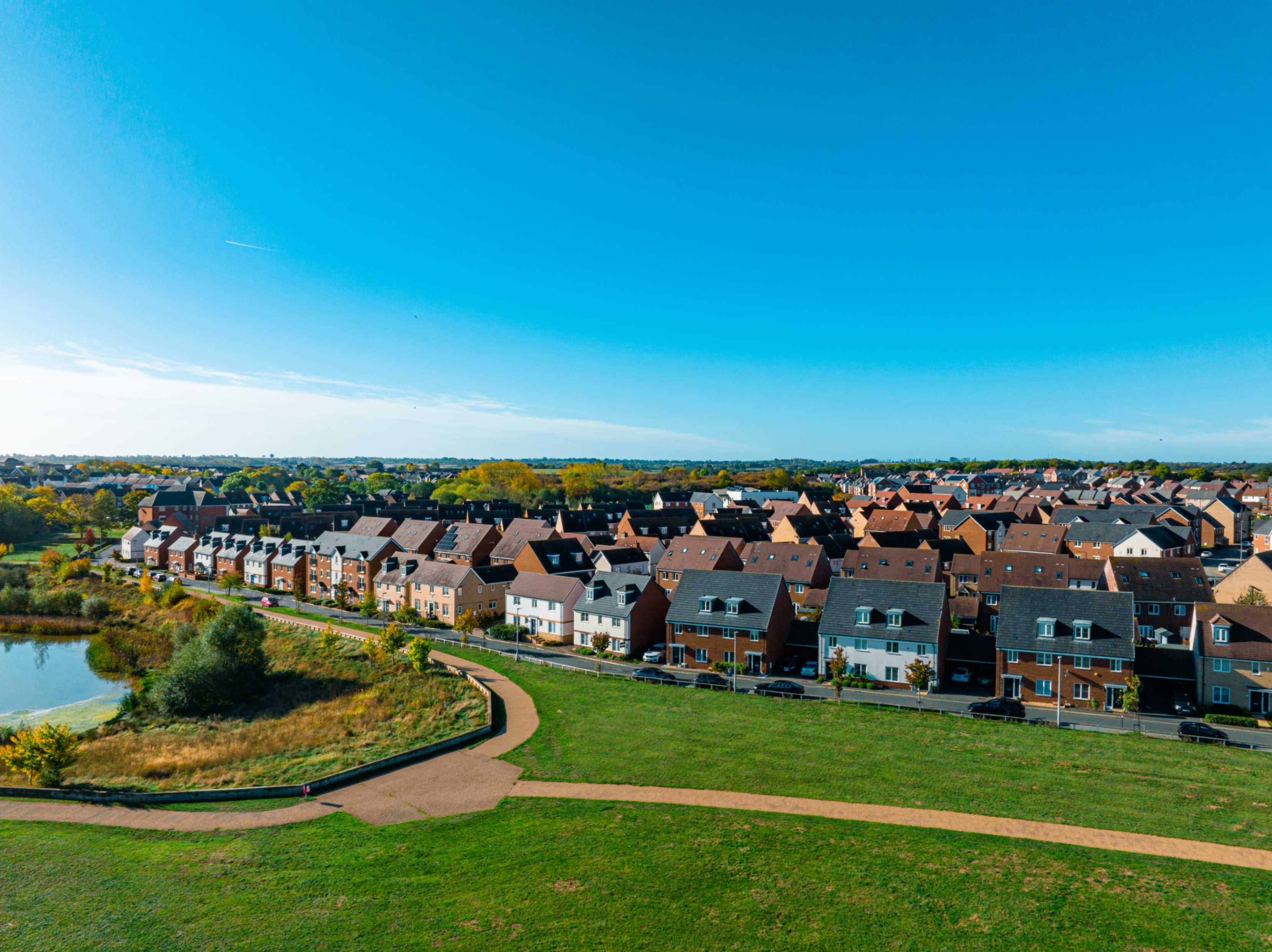Natural capital and nature - why invest as a commercial business?
Rachel Patch and James Shepherd from our rural team explain why investing in nature makes sense. Their roles involve working with corporate and commercial businesses who own land or have sustainability goals as the natural environment becomes an increasing focus for many
3 minutes to read
To us, investing in natural capital and nature-based solutions is not only sensible, but crucial for the entire global ecosystem.
The World Bank has estimated that declining biodiversity will cost the global economy US$2.7 trillion annually. That’s a sobering enough figure, but the consultancy PwC has calculated that 55% of global GDP, equivalent to an estimated US$58 trillion, is moderately or highly dependent on nature.
In addition, by 2050, the World Economic Forum reckons that climate change could cause US$3 billion of damage every year, much of it to agricultural businesses, particularly in developing nations.
High stakes
So the stakes are high, not only for the natural environment, but also for the global economy as a whole.
At a macro level, investing in nature is an act of long-term self-preservation for society, but it also offers significant opportunities and mutual benefits for many of the businesses that we deal with, from farms to institutional investors.

Protecting the natural environment allows for rare species such as the Curlew to increase.
From the perspective of farms and estates, investing in nature provides an opportunity to create new income streams when the future of government support for agriculture in the post-Brexit world is uncertain.
From the perspective of potential investors or commercial businesses, investing in nature enables them to reduce their carbon footprint and make their businesses more resilient as biodiversity targets are likely to become mandatory in the future. It can also help attract new employees, who are increasingly concerned about a company’s values.
Creating nature-based products
Rural businesses are ideally placed to create and sell nature-based products that will play a vital role in combating climate change, biodiversity loss and pollution.
These products include Biodiversity Net Gain (BNG) credits that property developers now need to acquire before they are allowed to construct new houses or commercial buildings, and carbon credits that firms aspiring to be net zero also need to buy.
Often, creating BNG credits or planting trees to generate carbon credits can be done on more marginal areas of farms or estates, meaning that traditional income streams from farming activities are not affected.

All new developments must now reach BNG requirements, which also provides a revenue stream for farms and estates.
Corporate footprints
While UK businesses have not yet been given mandatory net zero targets, certain sectors and large corporations must already report their carbon footprints, and further disclosure requirements for their impact on nature are in the offing.
For corporates, investing in nature now offers several benefits: enhanced credibility and brand reputation; the ability to drive innovation and create competitive advantage; increased resilience given likely future regulation, and increased investor confidence.
What we are trying to do is to bring both sides of the nature-investment equation – those that are creating nature-based solutions and those that need to buy them - together to create a more efficient market in the UK.
By matching the nature-investment requirements of a corporate with an estate that can provide them by, for example, planting more trees or farming in a more nature-friendly way we can help create efficient virtuous circles that hopefully go some way to reducing the huge numbers we mentioned at the beginning of this article.
If you’re interested in exploring how nature may help towards your business goals, click here to read more, or contact one of our team.